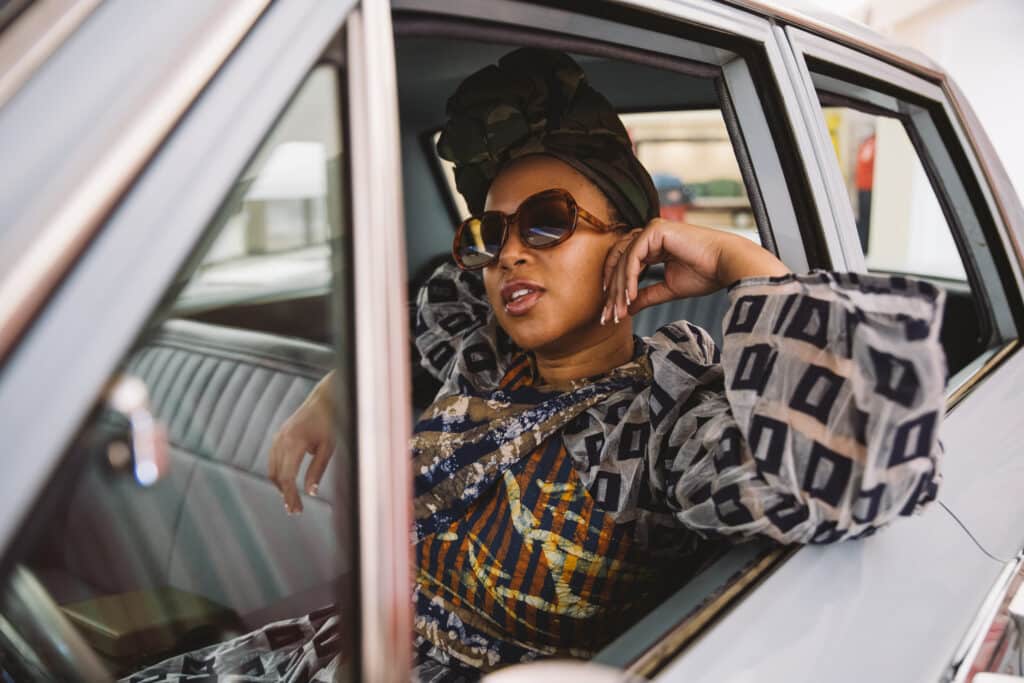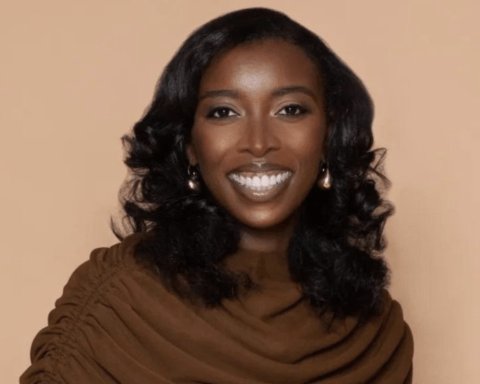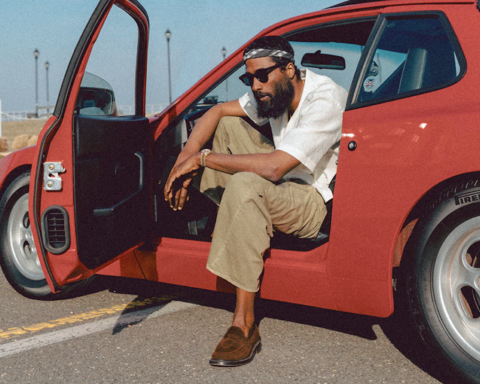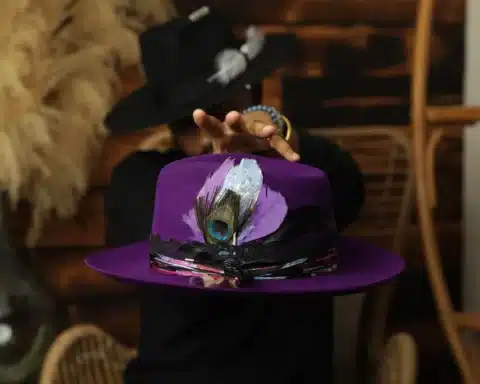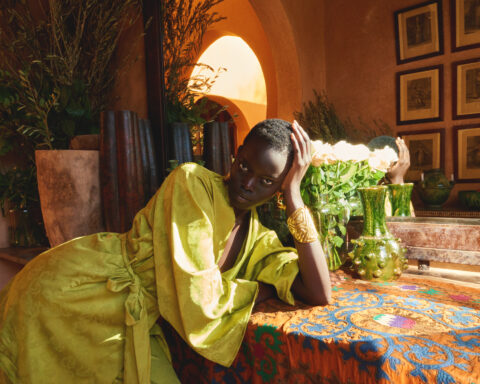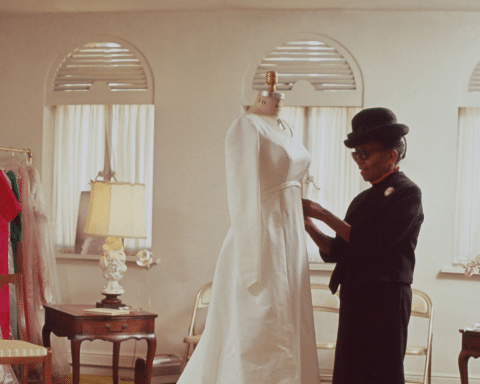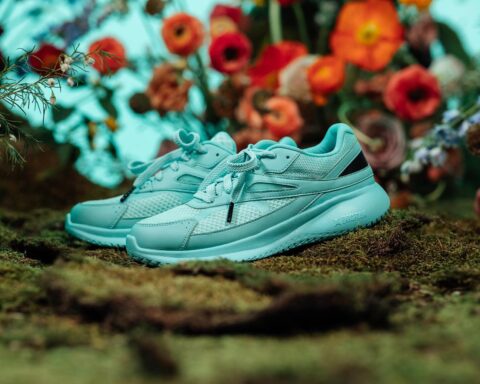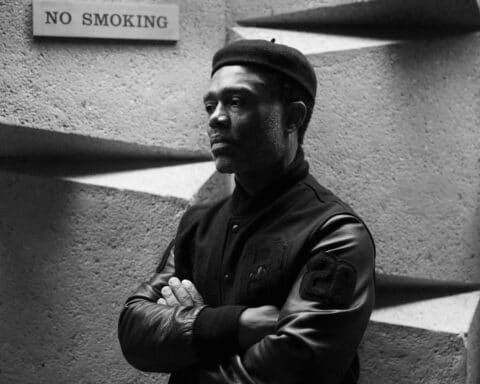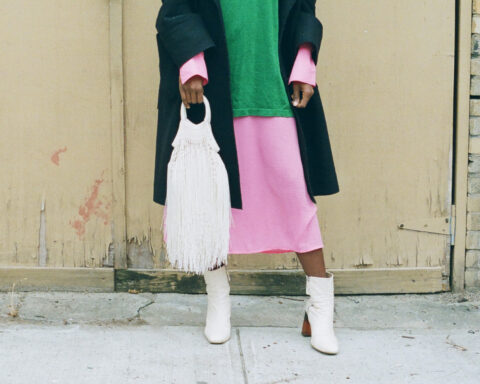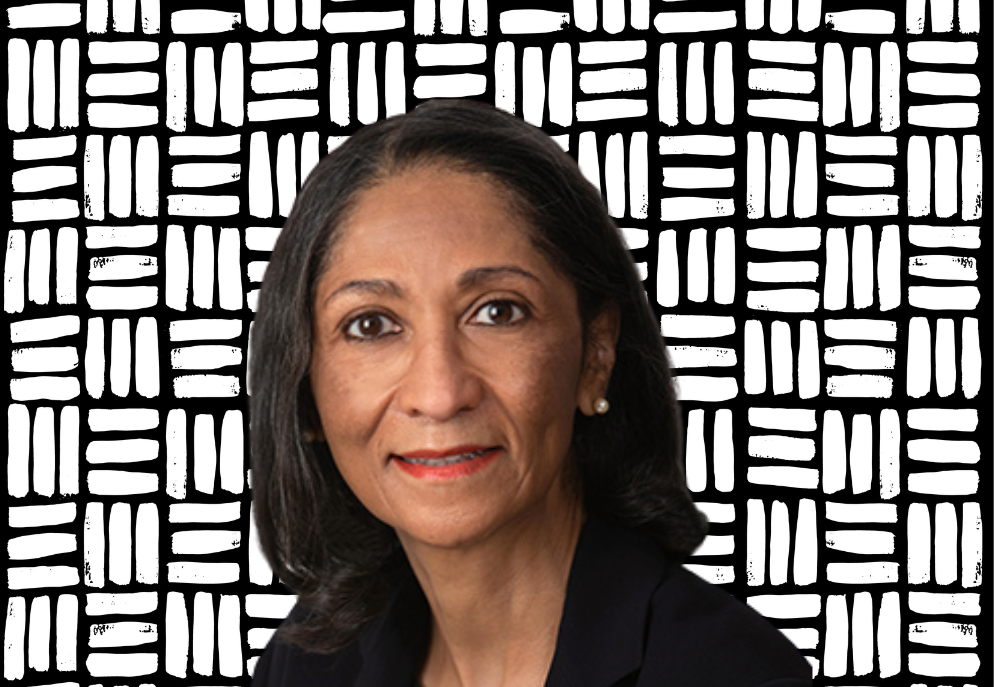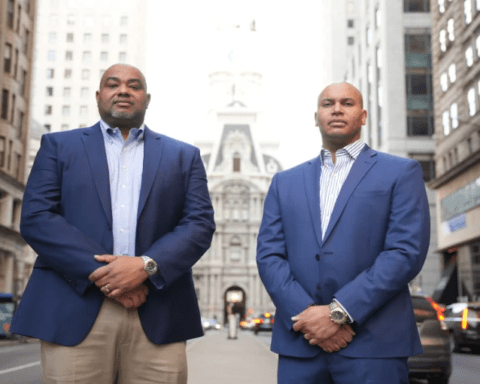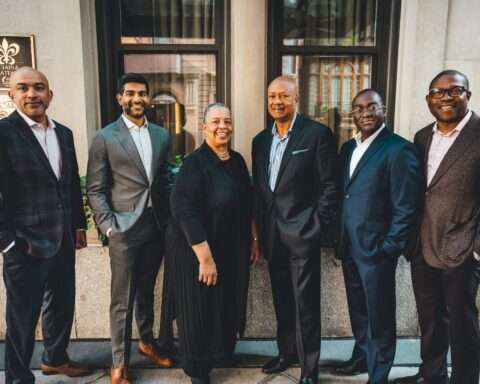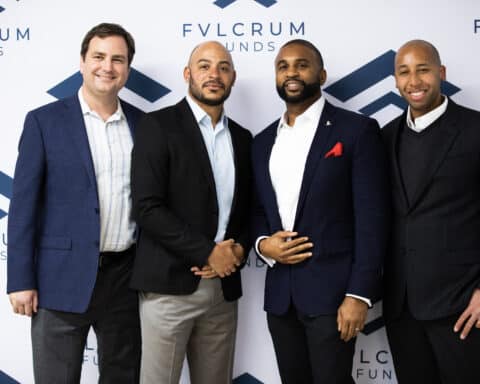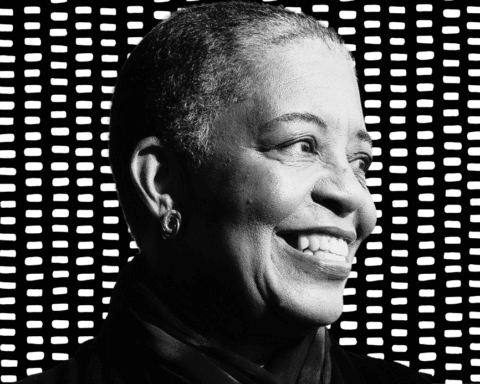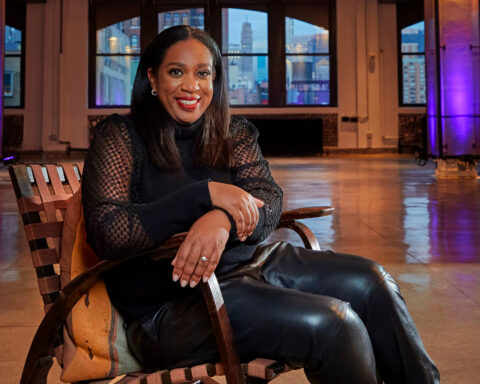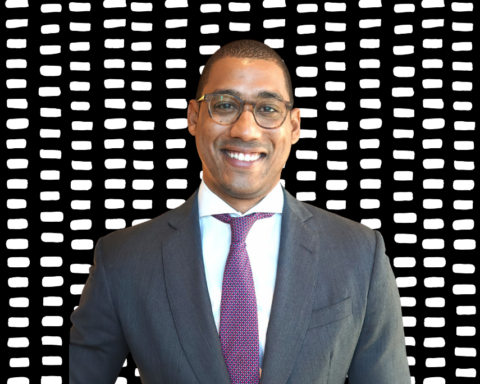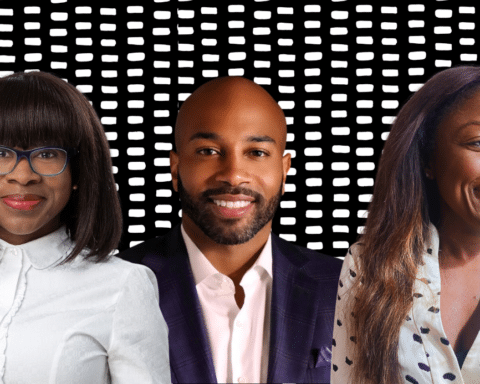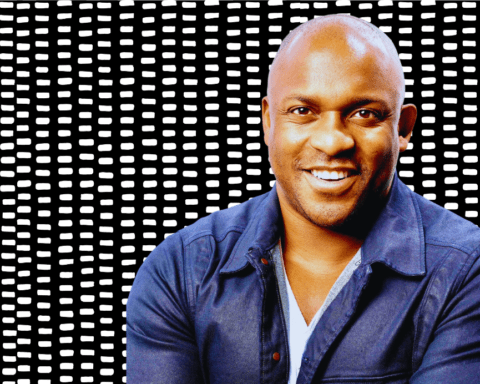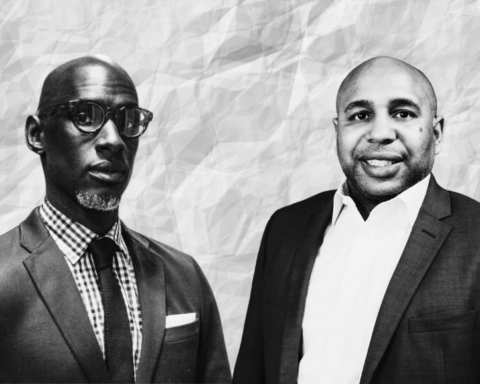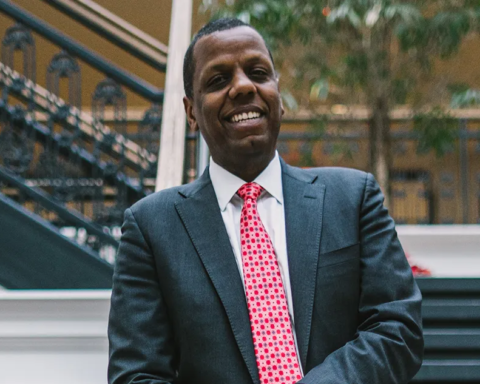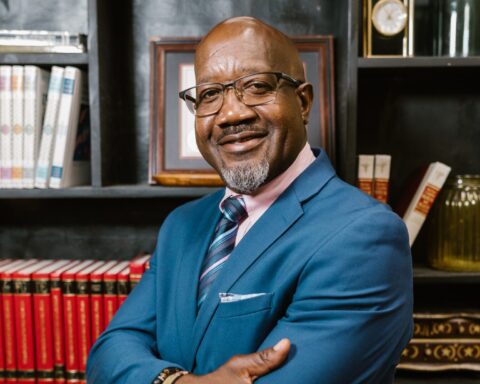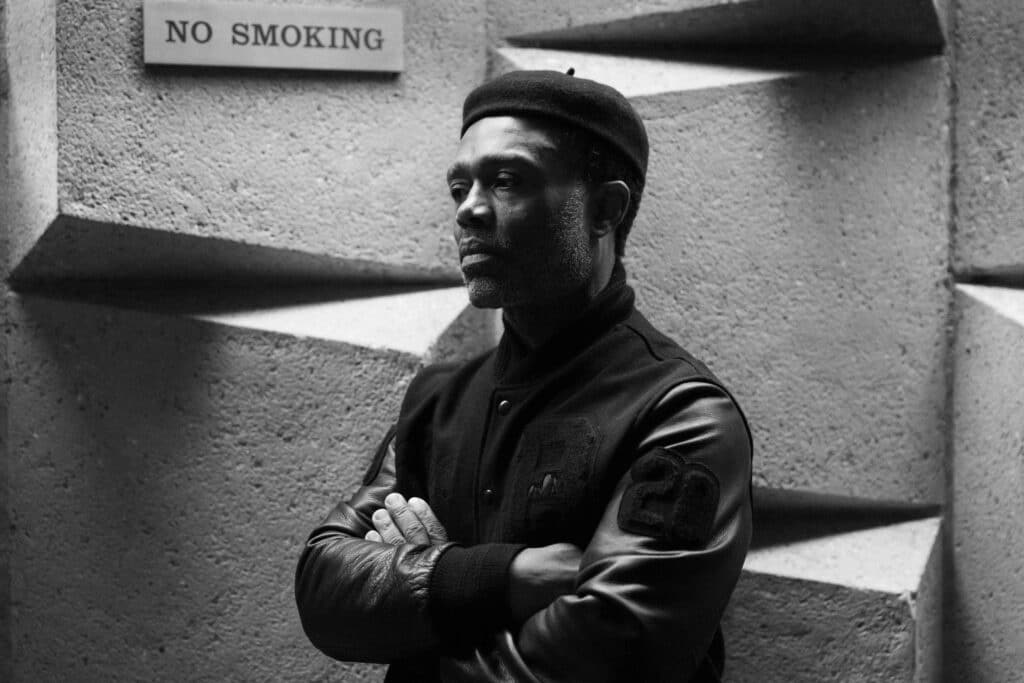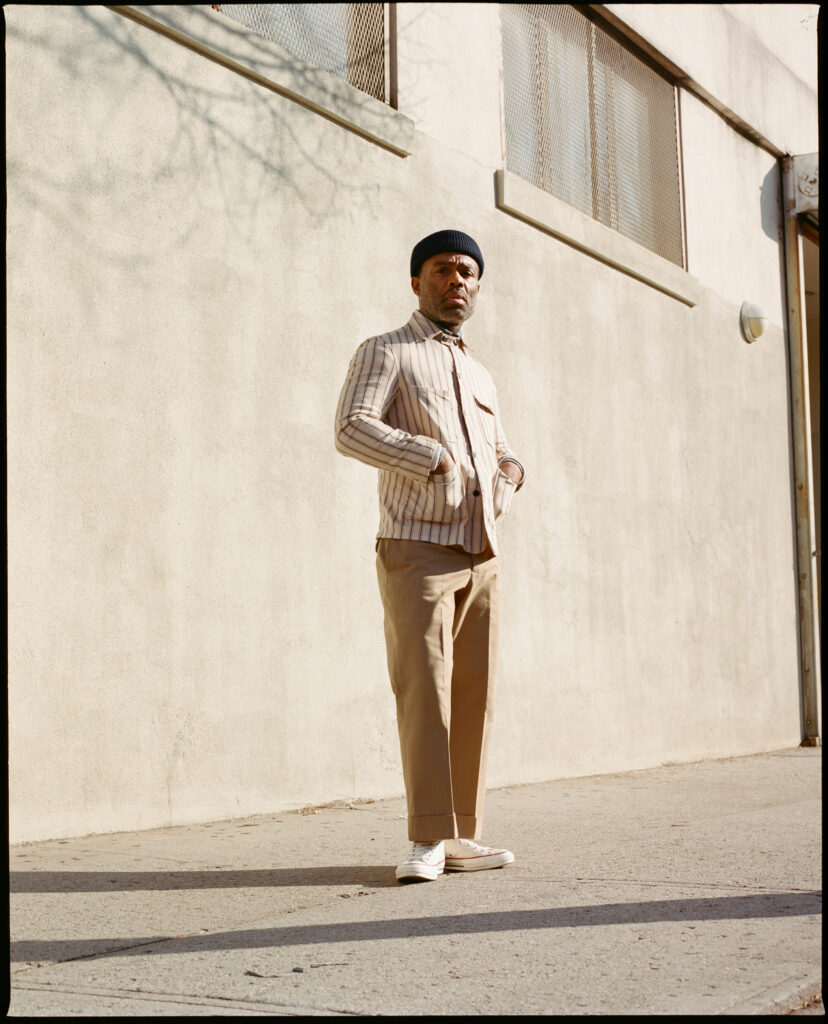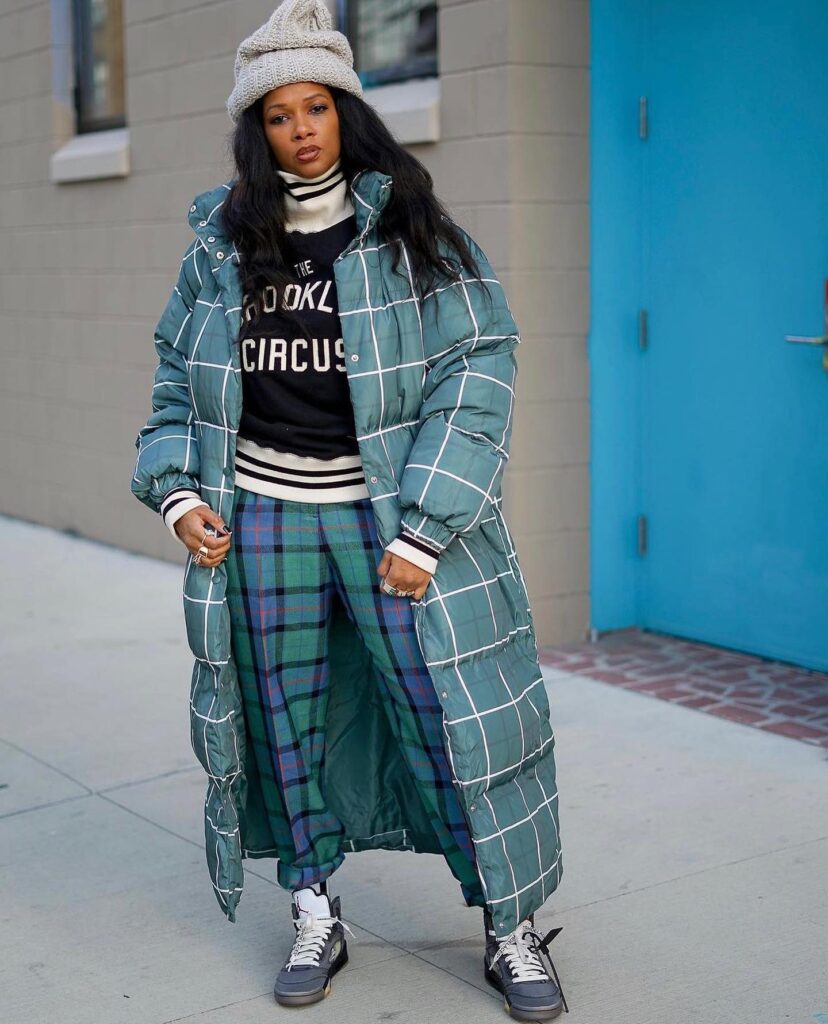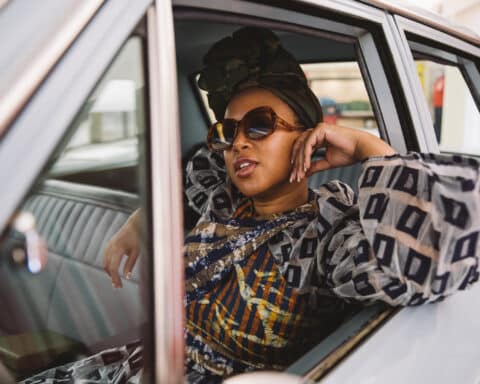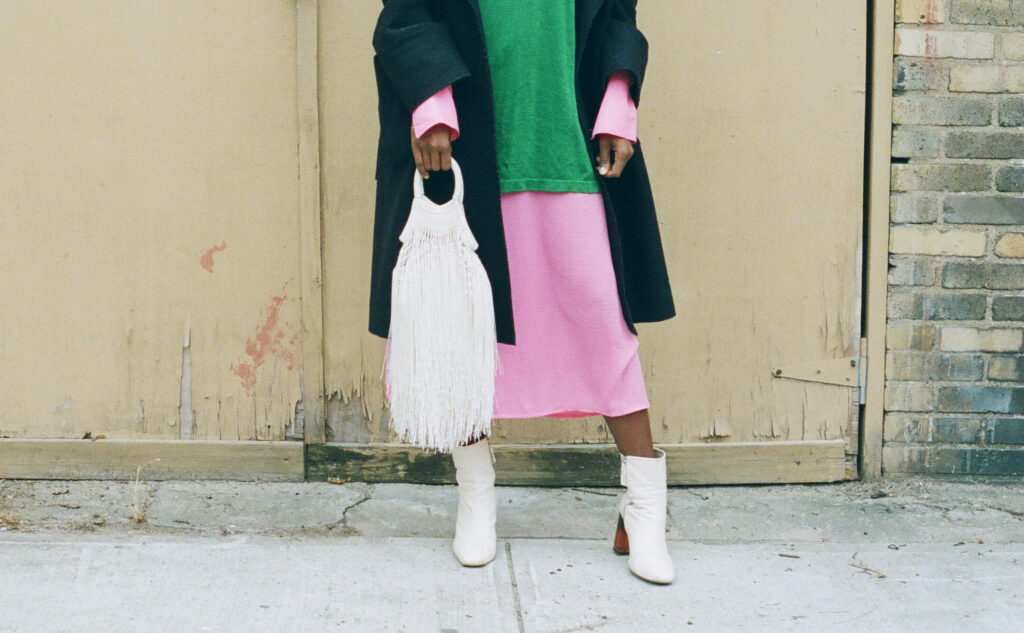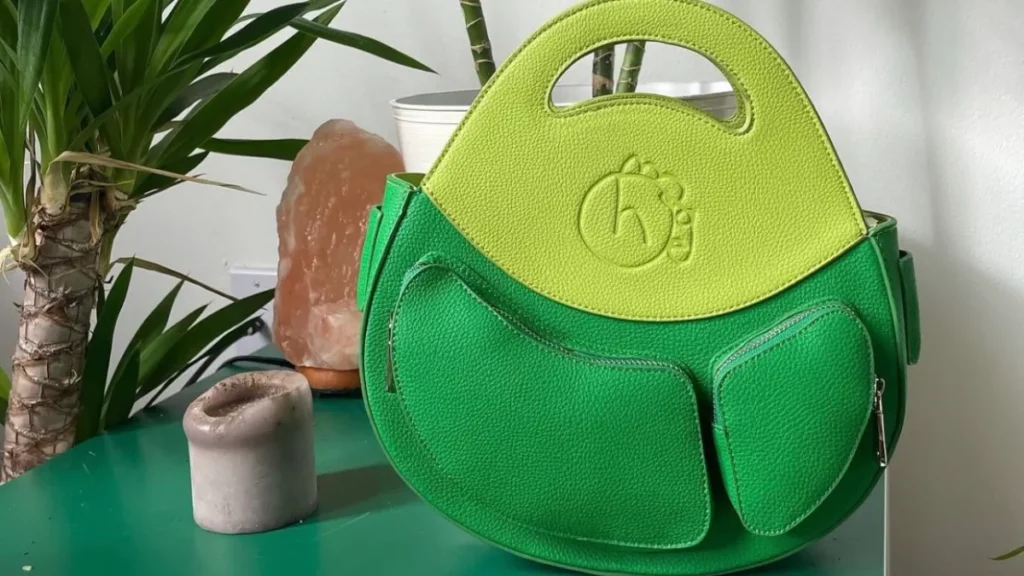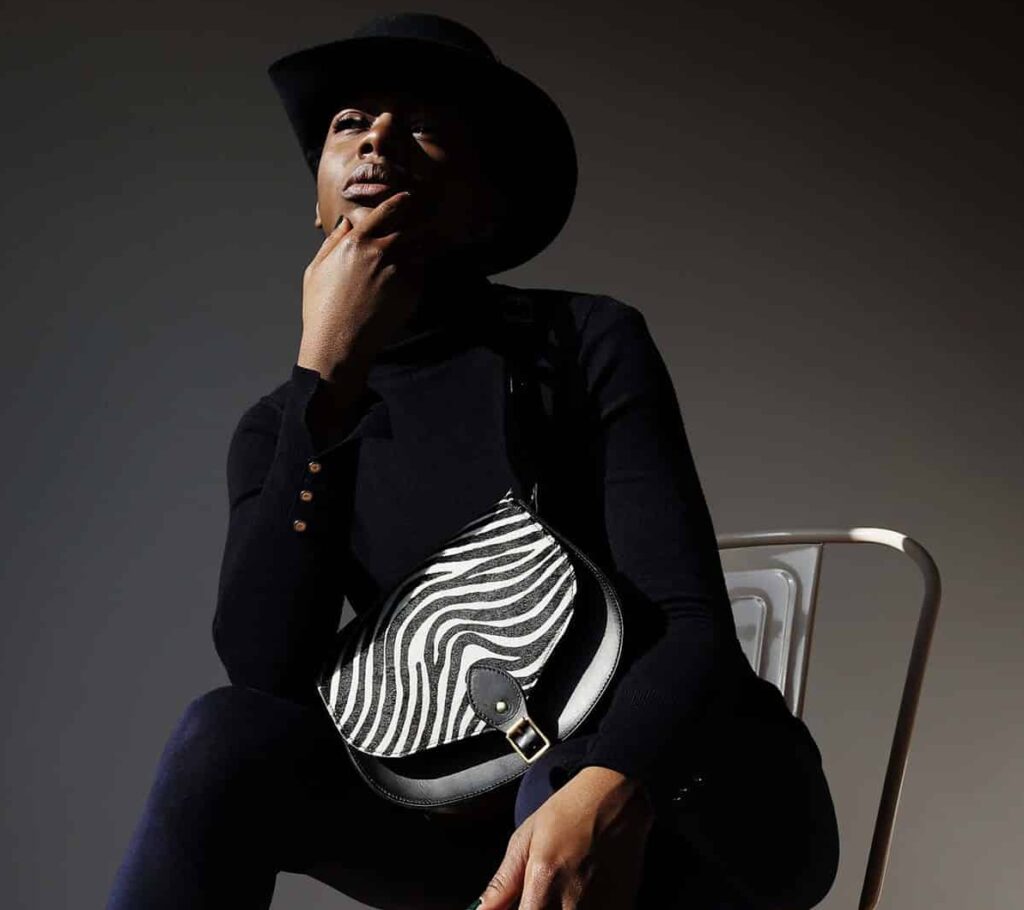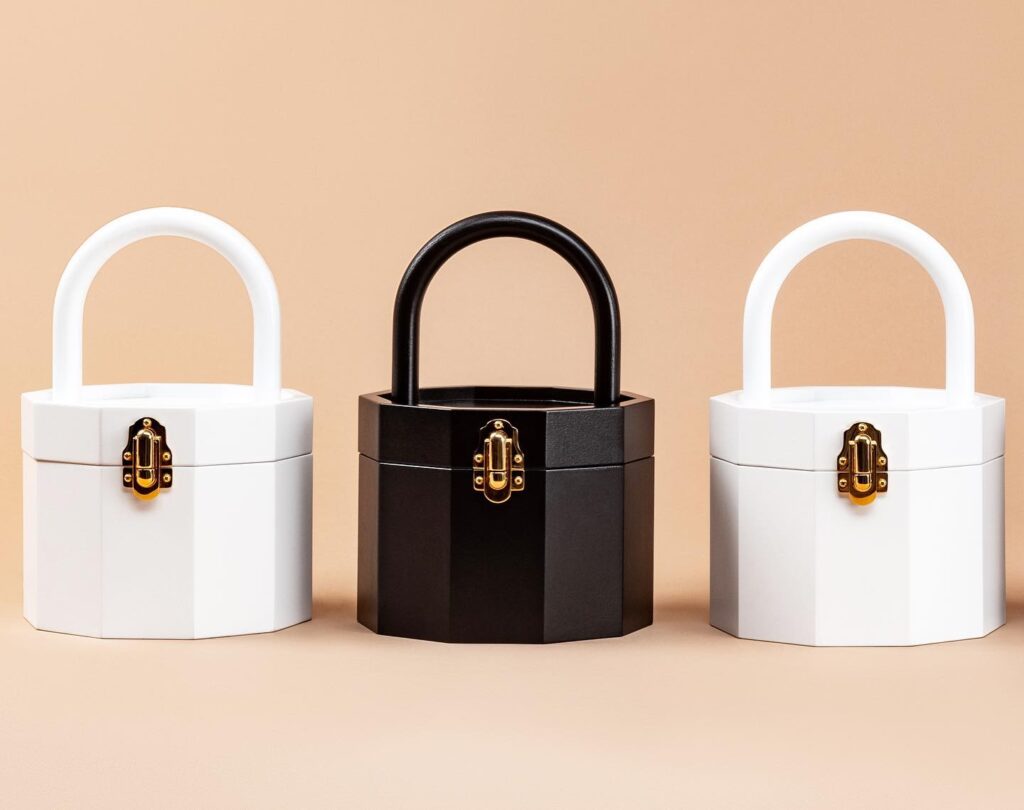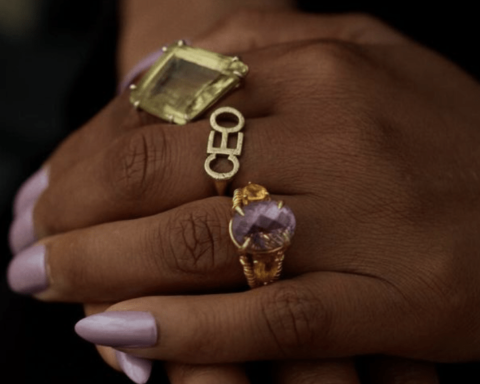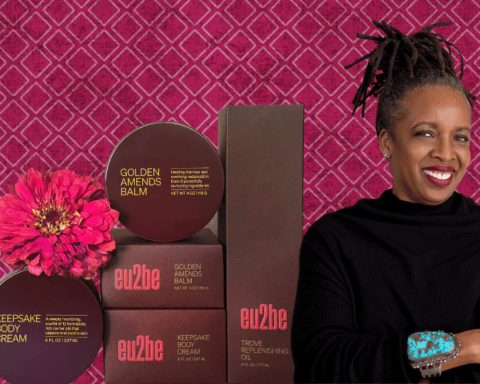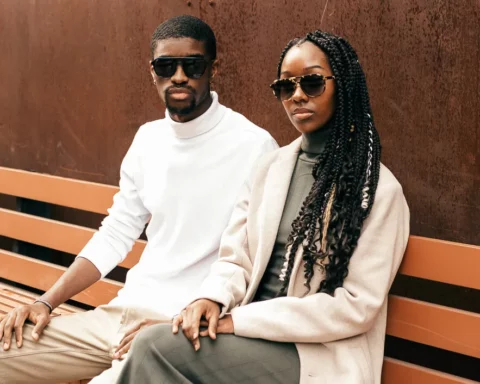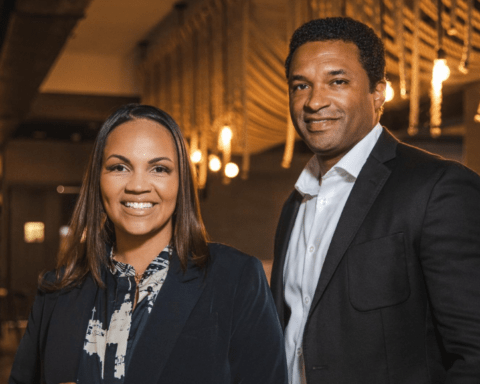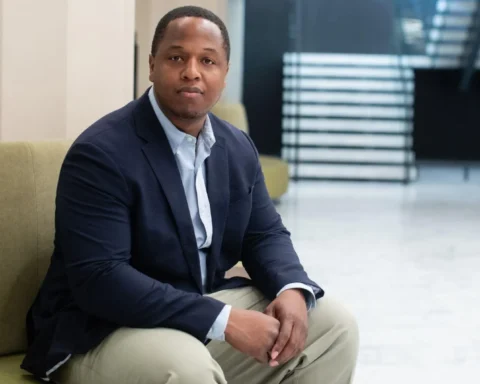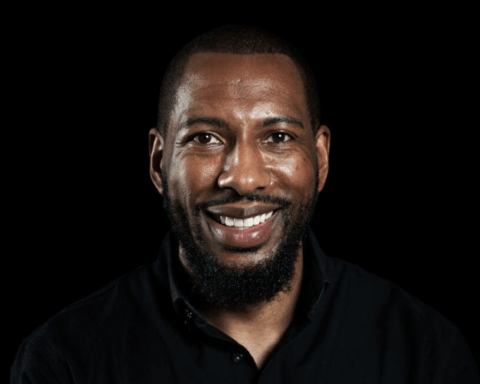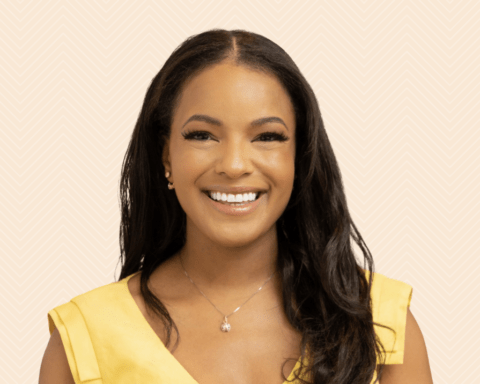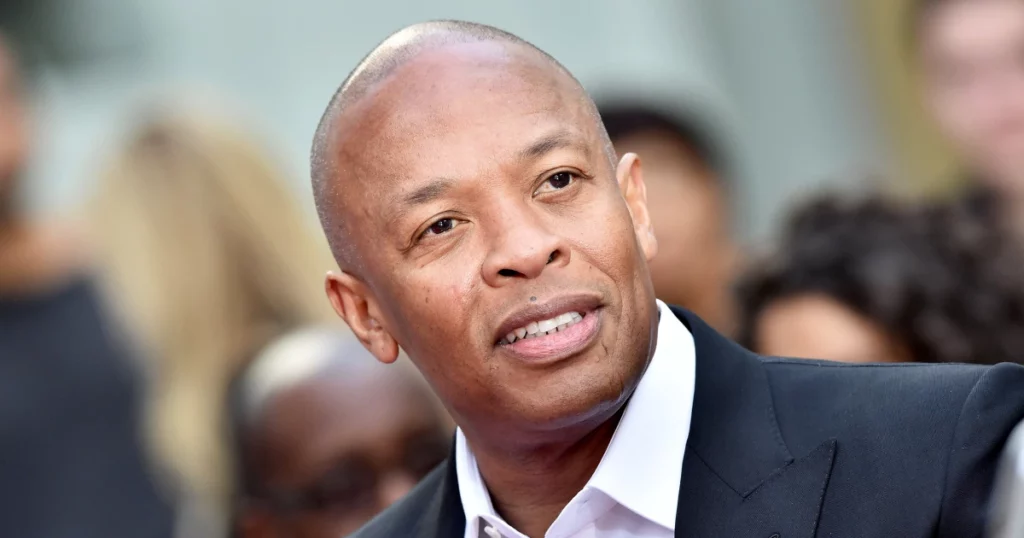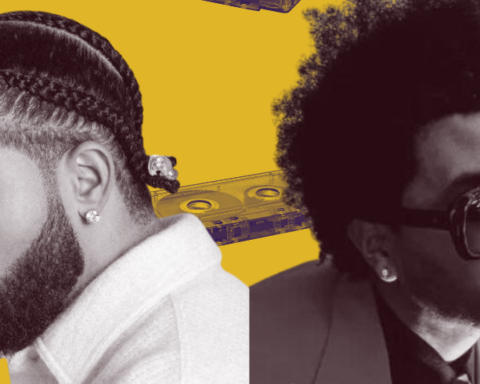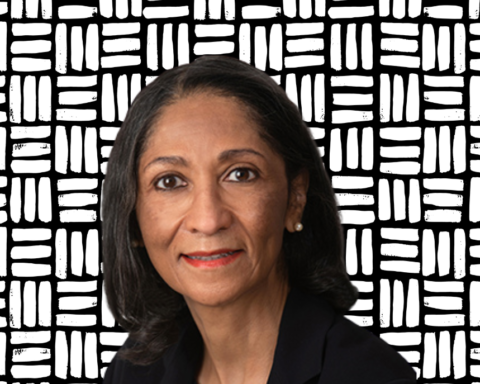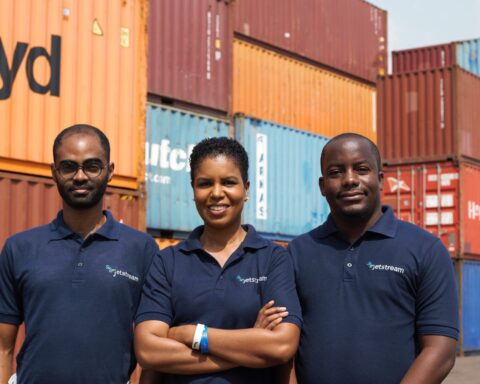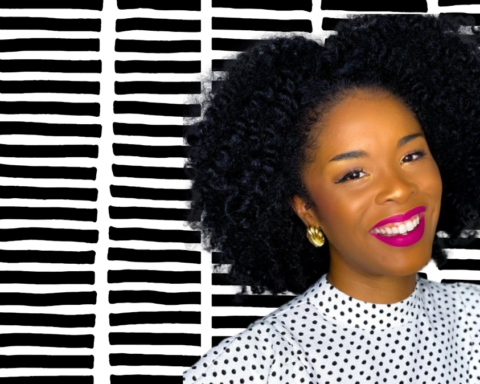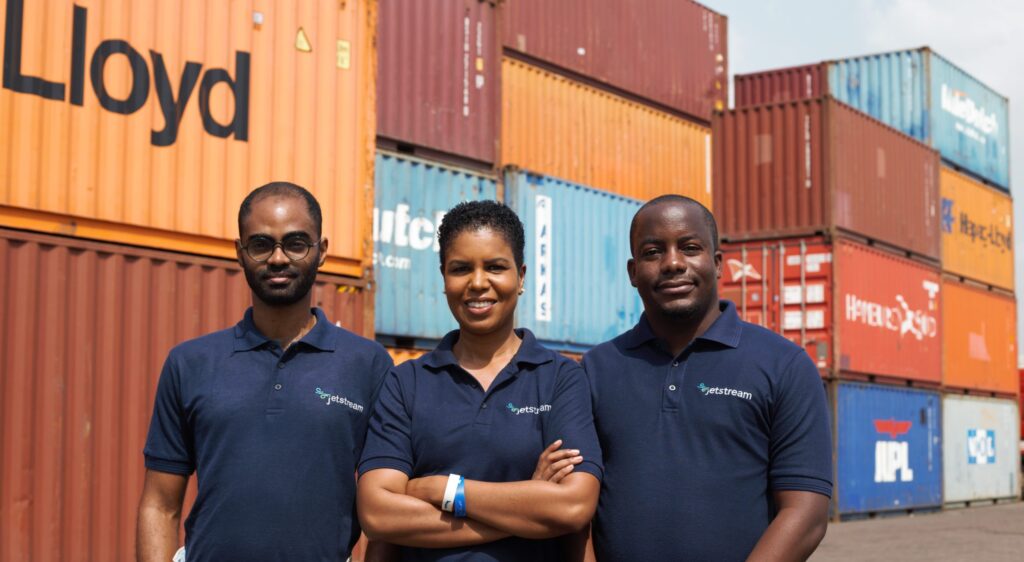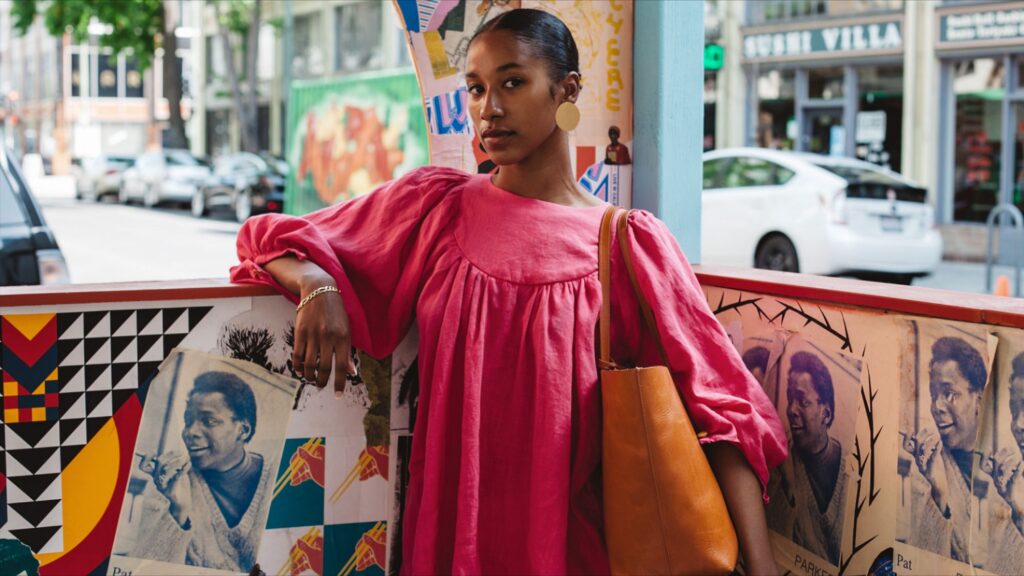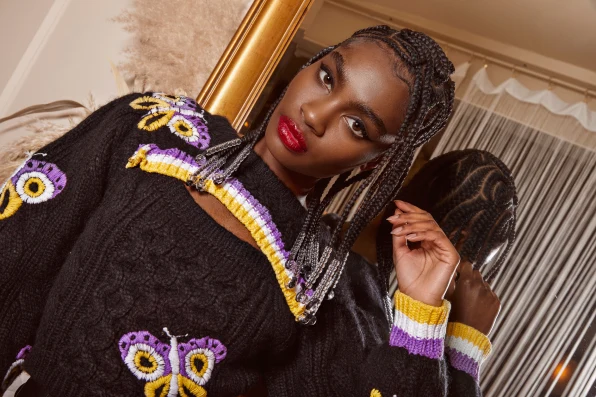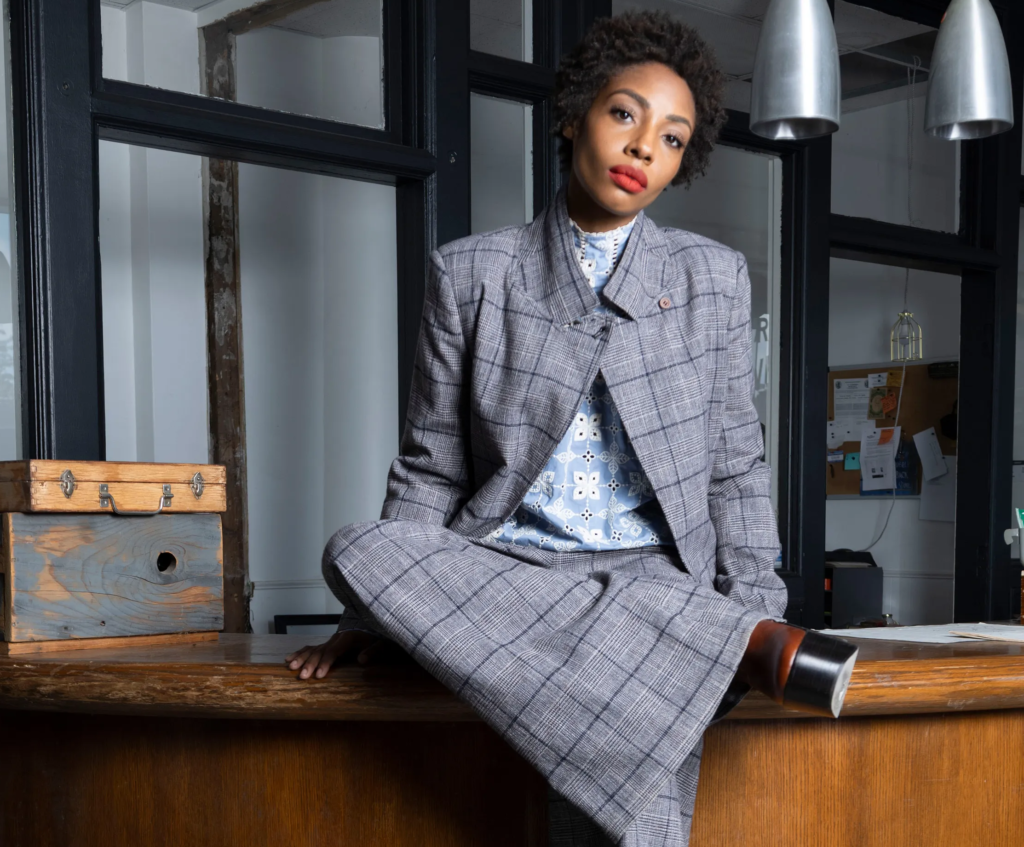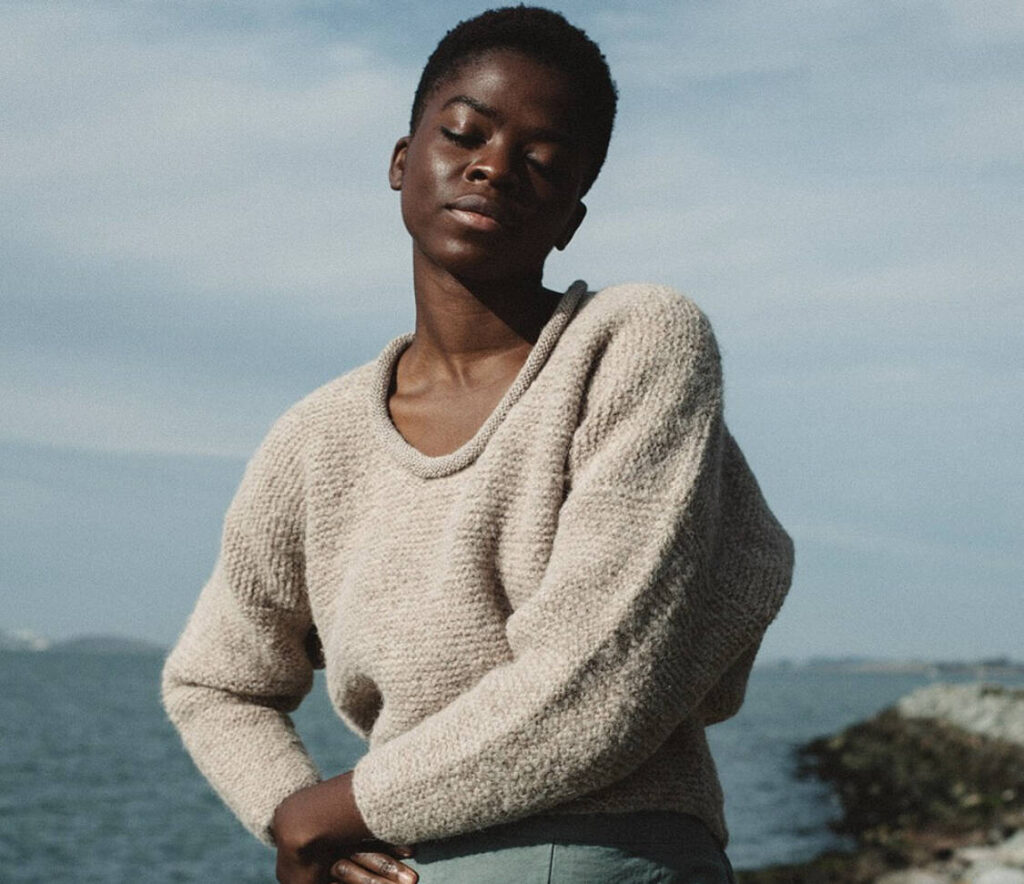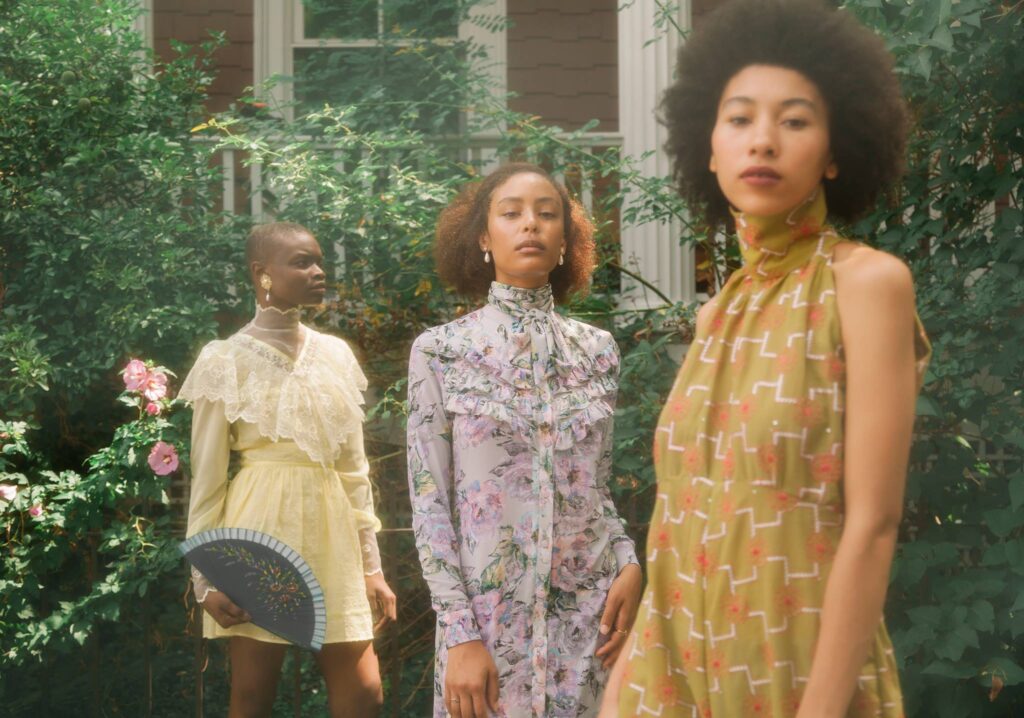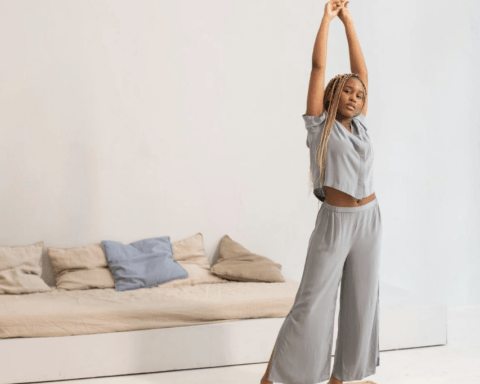Monetizing Your Personal Brand: An Inside Look with Tiffany Battle
In today’s digital age, the creator economy is booming as more and more individuals are finding ways to monetize their personal brands. From social media influencers to content creators, the opportunities to turn one’s passions and talents into a profitable career are endless.
In this interview, we caught up with Tiffany M. Battle, the creator behind The Werk! Place, to gain insight into her journey as a creator, and the techniques she has used to monetize her personal brand.
From brand partnerships to TV hosting and affiliate marketing, Tiffany shares her experience and insights on how to turn a passion for fashion into a thriving career.
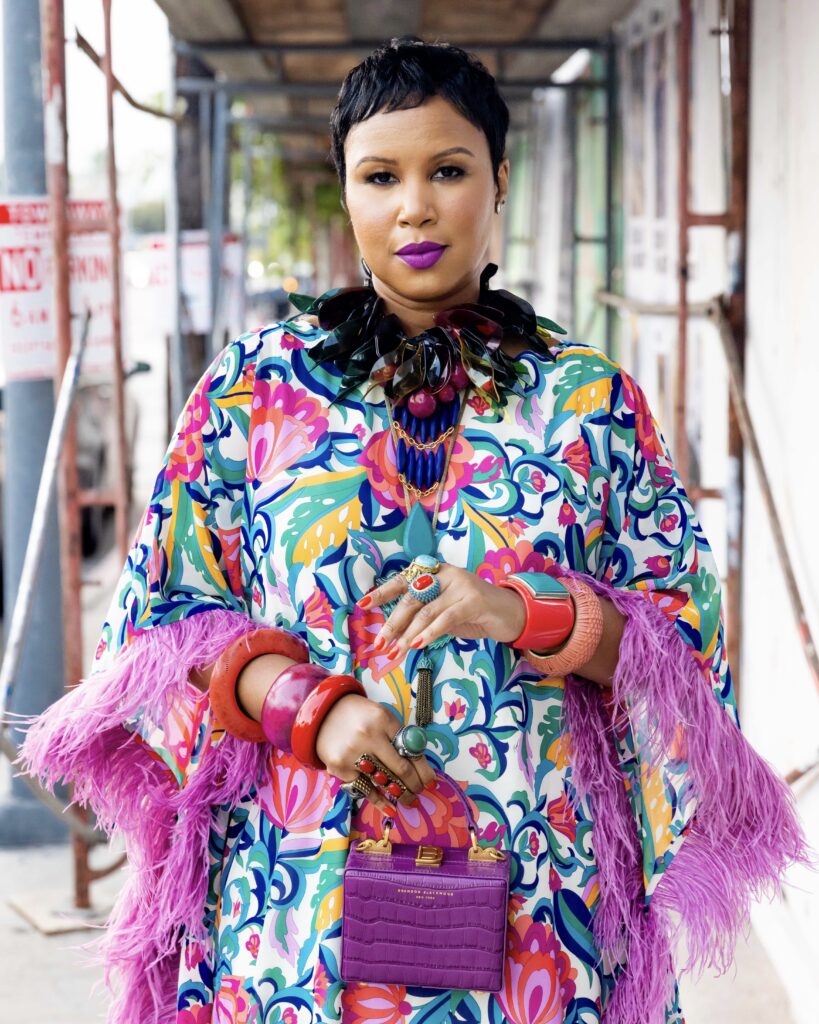
What inspired your love for fashion?
My love for fashion actually started with trips with my mother to the mall on most Sundays after church and brunch. You know we love brunch!
Initially, I would go to the toy stores while my mom shopped at her favorite retailers. Then something changed and before I realized it, I was living out my pre-teen dreams shopping at Rave, Claire’s, 5-7-9, Wild Pair and the like!
How would you describe your style?
Style is my art; clothes are my medium. My style is a fresh breath of fun! I’m a mixed print, patterned, texture fiend. I firmly believe in coloring outside of the lines with my clothing.
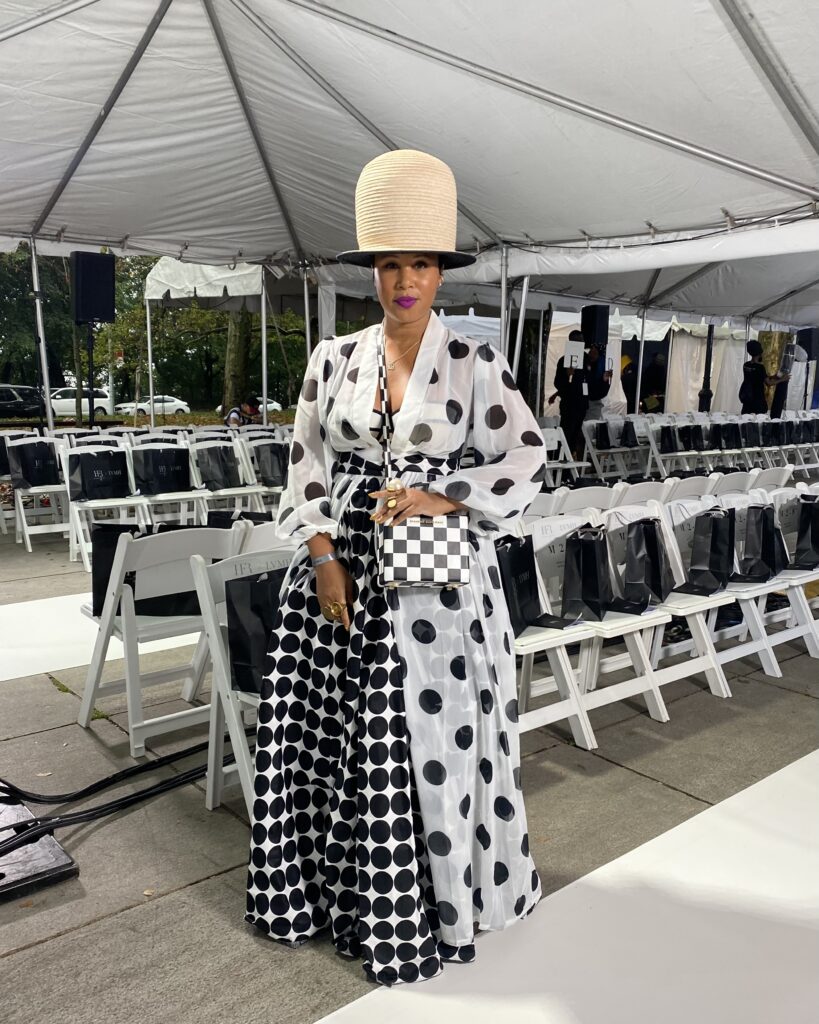
When did you realize that you could monetize your personal brand? What are some ways you are doing so now?
I have a story about that. Like to hear it, here it go!
During one of many trips to New York for New York Fashion Week, I was standing in line to enter a fashion show. I received a call for an opportunity at the Essence Street Style Festival with an automotive brand offering a cute little penny. It was definitely the most lucrative opportunity at that point in my journey. They wanted me to come to the festival and be a co-host at their tent.
I was so taken aback by the opportunity, I didn’t even negotiate it! I just agreed to whatever terms they were offering (Note: ALWAYS negotiate!). I was on the verge of tears because it was at that moment that I realized there was some real money to be made in this industry.
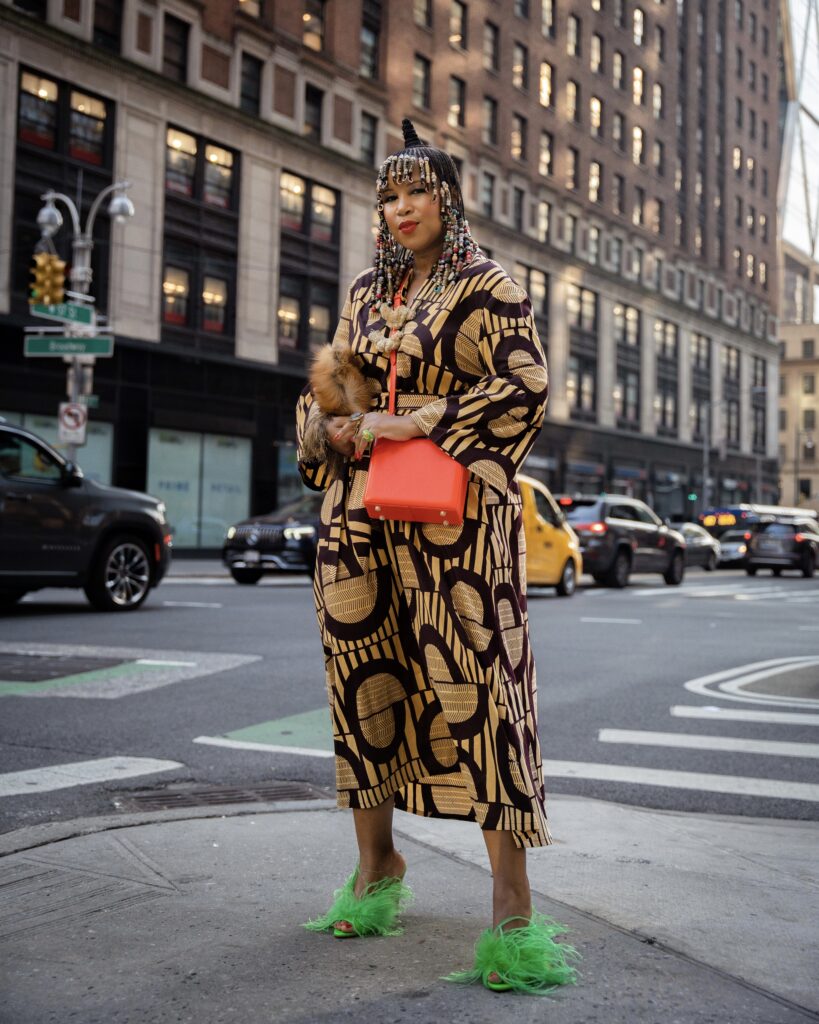
The primary ways in which I’m currently monetizing are the following:
- Brand Partnerships – Through partnerships with brands that I love, like, and want to explore, I create authentic engaging content sharing their products, services, and experiences with my readers.
- TV Host – Being a host on CLEO TV’s Boss Girl’s Guide is really just an extension of what I’ve been doing for over 10 years in the online space. I’m able to take the CLEO TV audience on the journey with me to a few of my favorite spots, meeting and greeting the owners, and giving the goods to live a bossy life. While the season has come to an end, the reruns are currently airing on CLEO TV.
- Affiliate Marketing – Through affiliate marketing, I’m able to link to products, retailers and brands that I’ve highlighted on my site and social media channels and receive commissions on any sales generated from those links.
- Speaking Engagements – I share my experience on the following topics with in-person and virtual audiences:
- Career Transitions: As a former Chemical Engineer turned Creative, I have a lot of experience in the trials and tribulations of switching career paths.
- Highlighting Black brands and Businesses: I partner with retailers and non-profits who’ve made diversity and inclusion a priority to bring awareness and encourage spending with Black brands and businesses.
- Live Shopping Events: This is probably the most fun as I’m able to take an audience virtually shopping with me. It’s during a live shopping session where I can spend time explaining the thought process behind some of my selections and how I would style looks with the pieces. It’s super engaging and a great way to connect with audiences online.

What future trends do you foresee in the creator/influencer space?
I believe there are going to be more opportunities for creators in the MetaVerse, in direct selling on the behalf of brands, and more evolution with creator-founded products, services, and experiences.
What are some best practices for brands who want to work with influencers?
- Approach creators with mutually beneficial opportunities. Make sure that the brand actually aligns with what the Influencer authentically showcases. Creators can be some of the best brand evangelists to drive sales and engagement if the partnership is aligned.
- Be prepared to pay! Some creators can take years and countless hours of content creation to cultivate an authentic and engaged following and that’s extremely valuable. If you don’t show up to your job for free, please refrain from approaching a creator with an extensive campaign brief where the only compensation is product and exposure. If there ever comes a time when bills can be paid with exposure and product, this approach may work. Until then, find the budget to pay creators for their time, talent, and access to their audience.
- Longterm Partnerships Equals Longterm Payoff! As consumers, we need to see something several times before we fork over the money to try it. The more times a consumer sees a creator talking about a brand, product or service, the more believable the partnership is and the more likely a reader will take action.
What advice do you have for creatives that are trying to figure out how to land brand deals?
Your online presence is your resume.
Everything you do on your online space has the potential to land a brand deal. So, keep that in mind when creating. If there are brands on your wishlist, take a look at the campaigns that they are rolling out.
It’s pretty simple, if you want to work with skincare brands, talk about skincare in interesting, fun, and/or educational ways. If you want to work with fashion brands, authentically share what you already love about certain brands. For instance, I used to always share my Nordstrom Anniversary Top Sales picks on my site and social media channels just because I love Nordstrom’s selection of brands, return policy and in-store customer service experience.
So, when I was given the opportunity to meet with the Public Relations for Nordstrom, I was able to pull up samples of work and speak enthusiastically about the brand. After many MANY years, I began to get paid work with Nordstrom.
Your Network Is Your Net Worth!
Who you know or meet and get to know can land you some of the biggest brand deals of your career. Attend the industry events in your city and be ready to socialize! If you live in a city that doesn’t cater to creatives, make it your business to travel to network. Before I permanently moved to New York, I religiously showed up for NYFW every season after becoming an Influencer. Every. Single. Season.
The more that I came to New York, the more I began to meet designers, the people behind the top PR agencies and other creatives. So, when I did finally transition, I had a Rolodex of connections upon arrival.
Make It Easy For Brands To Find You!
Now that you’ve done the work by showing up online and networking in real life, the last thing that you want to happen is for a brand to be interested in working with you but you’re making them work to get in contact with you.
On all platforms, you should list the city where you’re based and your email address. Literally, make it super plan and super easy for a brand to reach out and present you with an opportunity to get paid!
Feel free to reach out with partnership opportunities and any clarifying questions here: thewerkplace1@gmail.com. You can also keep up with me and my shenanigans on Youtube and TikTok.

